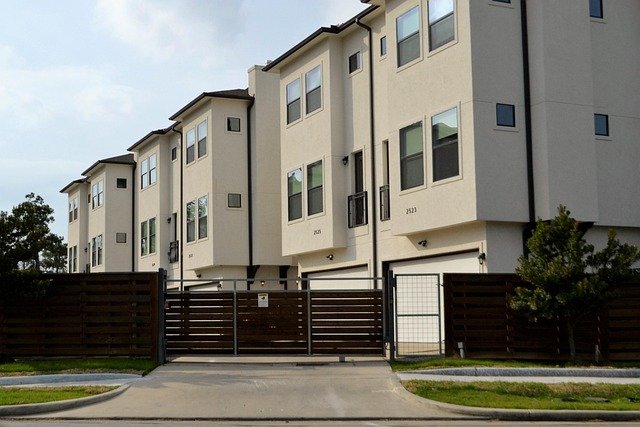The Upsurge in Luxury Real Estate: Understanding the Market Dynamics
In a world where real estate trends fluctuate, one segment that continues to thrive is luxury real estate. This upscale market is much more than just extravagant homes—it encompasses a sophisticated blend of location, comfort, and unique architectural design. This article scrutinizes the luxury real estate market, providing a comprehensive analysis of its historical context, current trends, and future outlook.

A Brief History of Luxury Real Estate
Luxury real estate, by its nature, has always been synonymous with wealth and status. In the past, it was the preserve of aristocrats and the elite, with grand palaces and estates defining this segment. Over time, the luxury market evolved, incorporating features such as unique architectural designs, prime locations, and world-class amenities. The 21st century has seen the luxury real estate market emerge as a prominent investment avenue, attracting high-net-worth individuals (HNWIs) and institutional investors alike.
The Current State of Luxury Real Estate Market
Today, the luxury real estate market is defined by more than just price. High-end buyers seek out properties that offer distinctive qualities—be it a prime location, a stunning view, or architectural uniqueness. According to a recent report, the global luxury real estate market is projected to grow at a compound annual growth rate (CAGR) of 4.3% from 2020 to 2027. Factors such as the growing number of HNWIs and the increasing demand for smart homes are driving this growth.
The Appeal and Challenges of Luxury Real Estate
Luxury real estate offers several advantages. High-end properties often deliver a higher return on investment (ROI), thanks to their exclusivity and the increasing demand for premium housing. However, the market isn’t without its pitfalls. Luxury properties are often more susceptible to market fluctuations and can take longer to sell due to their high price tags. Moreover, the high maintenance costs and the potential for overpricing are additional factors that investors need to consider.
The Future of Luxury Real Estate
The luxury real estate market is continually adapting to the changing demands of high-end buyers. As sustainability becomes a top priority, luxury properties are likely to incorporate more green features. Furthermore, as technology advances, smart homes with state-of-the-art security systems and home automation are set to become the norm. Finally, with the rise of remote work, luxury homes with well-designed home offices are likely to gain popularity among affluent buyers.
Conclusion
The luxury real estate market is a dynamic segment with myriad opportunities for investors. While it comes with its set of challenges, understanding the market trends can help investors make informed decisions. As the market continues to evolve, those who can adapt to changing demands will likely find success in this lucrative sector.





